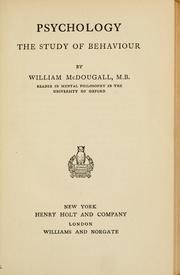
Photo from academic.microsoft.com
The regulation of interpersonal distance and social space plays a central role in social behavior, and intrusions into personal space often lead to irritations in social interactions. Although there is… Click to show full abstract
The regulation of interpersonal distance and social space plays a central role in social behavior, and intrusions into personal space often lead to irritations in social interactions. Although there is plenty of research on people’s actual proxemics in social interactions, less is known about how individuals represent and reason about social space, and whether there are age-related differences. The current study examined preschool children’s and adults’ predictions about others’ interpersonal distances in two experiments. The findings show that preschool children have systematic expectations about others’ proxemics. In addition, we found age-related differences as adults assumed people to keep greater interpersonal distance than preschool children.
Journal Title: Frontiers in Psychology
Year Published: 2018
Link to full text (if available)
Share on Social Media: Sign Up to like & get
recommendations!